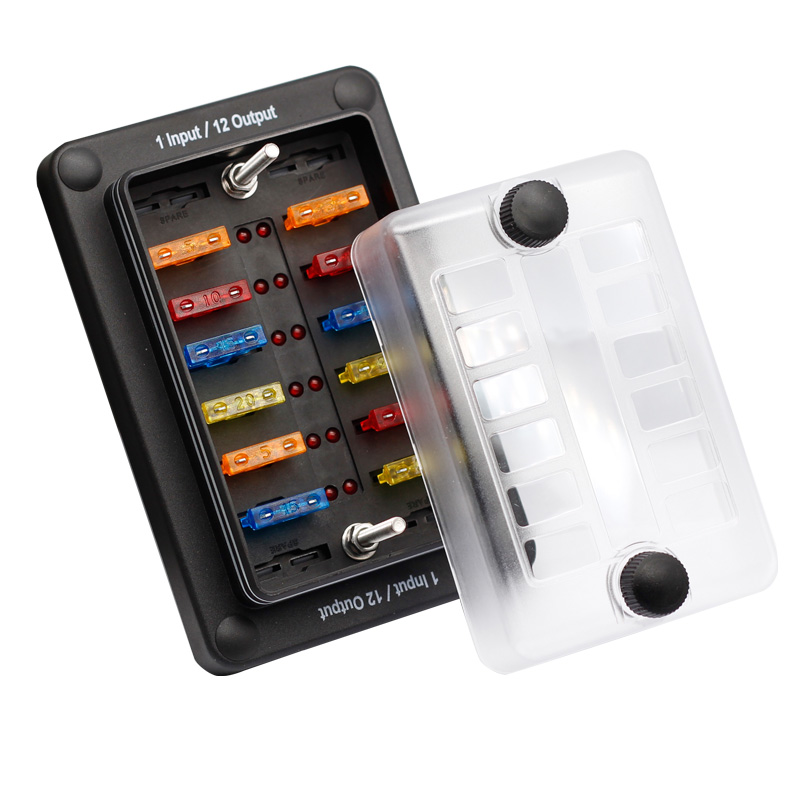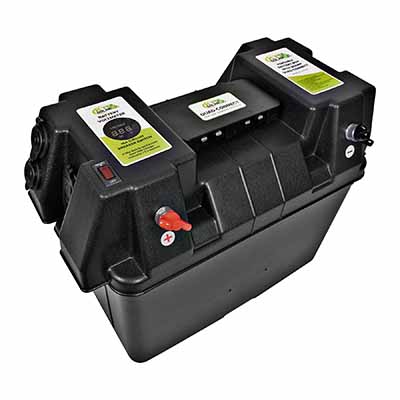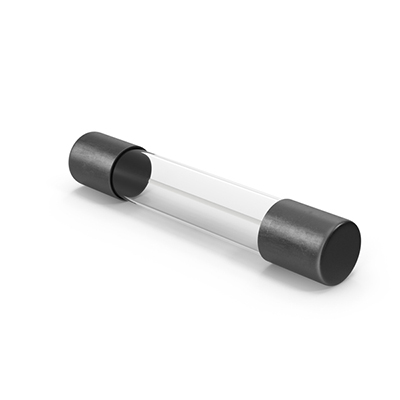Fuse Box Innovations for Forklifts and Industrial Material Handling Equipment
News 2025-10-20
Fuse boxes are essential safeguards in the electrical systems of forklifts and industrial material handling machinery. They prevent damage from overcurrent and short circuits, ensuring operational safety and reliability in high-stakes environments like warehouses and manufacturing plants. By protecting critical components, fuse boxes help minimize downtime and extend equipment lifespan, making them indispensable in modern industrial operations.

Applications in Forklifts and Material Handling
Fuse boxes are integral to forklifts, where they shield wiring and circuits in systems such as lighting, motors, and controls. In material handling, they apply to equipment like conveyors and automated systems, managing electrical loads to avoid failures during intense use. This integration supports seamless workflows in logistics and production, enhancing efficiency and reducing accident risks in dynamic settings.
Performance Benefits and Durability
High-quality fuse boxes offer rapid response times to electrical faults, limiting damage and improving safety. Constructed with robust materials, they withstand vibrations, dust, and moisture common in industrial areas. Their design ensures consistent performance under heavy loads, lowering maintenance needs and costs, while features like clear labeling aid quick troubleshooting and repairs.
Frequently Asked Questions
1. What is the primary function of a fuse box in forklifts?
It acts as a protective barrier against electrical overloads, cutting power to prevent fires and component failure.
2. How do fuse boxes enhance safety in material handling?
By detecting and interrupting faults swiftly, they reduce the risk of accidents and equipment breakdowns in busy industrial environments.
3. What maintenance is required for fuse boxes?
Regular visual inspections and testing are needed to ensure connections are secure and fuses are functional, typically every few months based on usage.


